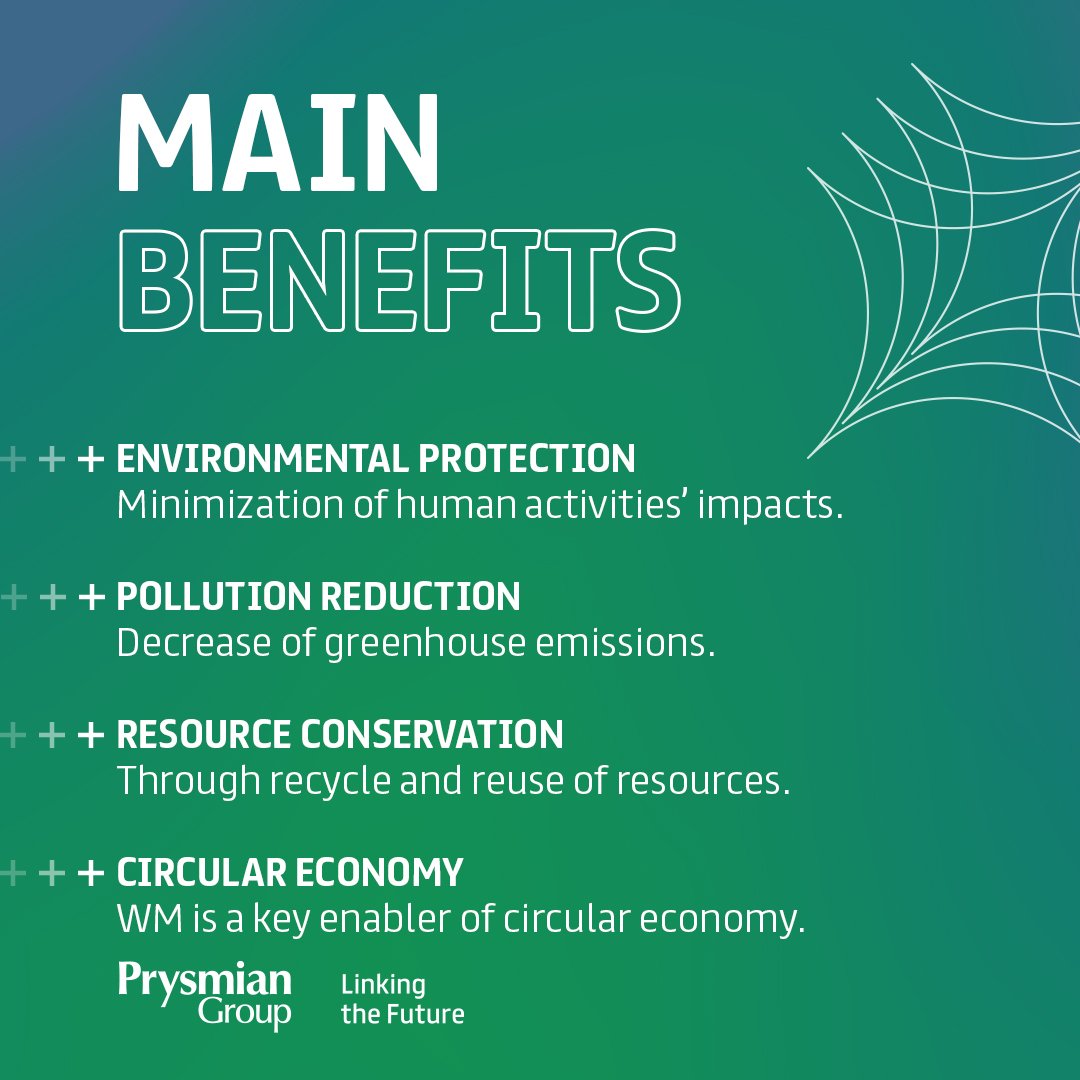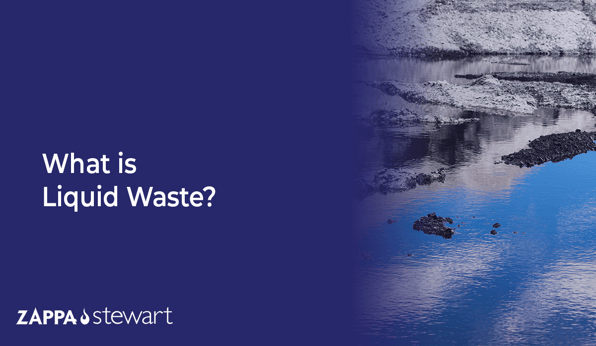Reclaim Waste for Beginners
5 Simple Techniques For Reclaim Waste
Table of ContentsEverything about Reclaim WasteA Biased View of Reclaim WasteReclaim Waste Fundamentals ExplainedIndicators on Reclaim Waste You Should KnowWhat Does Reclaim Waste Mean?
Discover the kinds, incidents, and forms of liquid waste. Residential sewer waste refers to the waste and items from a household septic storage tank. This sort of waste is created by people in residences, colleges, and other buildings. This only includes septic containers that have a drain area. The proper monitoring and disposal of domestic sewer waste require fluid waste to be moved to a sewer therapy plant where the appropriate approaches and equipment are put on purify and get rid of waste.
Industrial waste frequently consists of possible dangers, such as combustible materials or a combination of liquid and strong waste products, and needs an advanced and detailed disposal procedure. The disposal of commercial waste commonly includes the filtering of waste before transportation to make sure risk-free and proper disposal. Industrial waste is created from results and overflow of industrial procedures and manufacturing.
This kind of waste can not utilize the exact same sewer monitoring transportation or processes as septic or commercial liquids. The hazardous waste management procedure needs the examination and testing of liquid waste prior to it goes through the disposal process (liquid waste removal). Overflow waste is the fluid waste that comes from drainage and excess stormwater in extremely inhabited areas or cities
Overflow waste can trigger contamination and flooding if not dealt with appropriately. Discover more about drain cleaning and waste monitoring. Making sure appropriate waste monitoring can protect against disasters and reduce ecological injury. Both individuals in property setups and specialists in business or production markets can profit from recognizing the procedures and guidelines of liquid waste management.
Reclaim Waste for Beginners
Get in touch with PROS Providers today to discover our waste administration and disposal solutions and the correct ways to take care of the fluid waste you produce.
(https://reclaimwaste1.carrd.co/)This supposed 'wastewater' is not only a vital resource however, after therapy, will be released to our land, rivers or the ocean. Made use of water from toilets, showers, baths, kitchen area sinks, laundries and commercial procedures is understood as wastewater.

water used to cool down equipment or clean plant and equipment). Stormwater, a kind of wastewater, is overflow that flows from farming and urban locations such as roofing systems, parks, gardens, roads, courses and gutters into stormwater drains, after rain. Stormwater flows unattended directly to regional creeks or rivers, at some point getting to the sea.
How Reclaim Waste can Save You Time, Stress, and Money.
In Queensland, a lot of wastewater is dealt with at sewer therapy plants. Wastewater is carried from residential or industrial sites via a system of sewers and pump terminals, called sewerage reticulation, to a sewage treatment plant. Neighborhood federal governments construct, keep and run most sewer therapy plants. Operators are licensed under the Environmental Management Act 1994 to discharge treated wastewater at an acceptable environmental standard right into rivers.
The Division of Natural Resources recommends local federal governments regarding managing, operating and maintaining sewerage systems and treatment plants. In unsewered areas, regional governments may need homeowners to install private or household sewage therapy systems to deal with residential wastewater from bathrooms, cooking areas, shower rooms and laundries. see here now The Division of Natural Resources authorises making use of house systems when they are confirmed to be effective.
In some new subdivisions, therapy of some stormwater to remove trash, sand and gravel has started using gross pollutant catches. Wastewater treatment happens in 4 stages: Removes solid issue.
Wastewater after that moves into big tanks where solids clear up and are gotten rid of as sludge. Oil and scum are skimmed from the surface area. Uses little living organisms recognizes as micro-organisms to break down and get rid of staying liquified wastes and great particles. Micro-organisms and wastes are included in the sludge. Eliminates nitrogen and phosphorus nutrients that might cause algal blooms in our waterways and endanger water life.
Reclaim Waste for Beginners
Nutrient removal is not offered in any way sewage treatment plants since it needs costly specialised tools. It is becoming more typical in Queensland. Clear liquid effluent produced after therapy may still contain disease-causing micro-organisms. If this effluent is launched right into rivers such as rivers or the sea, the micro-organisms will at some point pass away out.

The majority of wastewater streams right into the sewage system. Under the Act, neighborhood governments carry out authorizations and licences for eco appropriate tasks (Ages) involving wastewater releases that could have a neighborhood effect.
More About Reclaim Waste
Or else, samples are considered research laboratory evaluation. Often lots of examinations are needed to develop the degrees of each of the various toxins such as oils, heavy metals and pesticides in water. Tracking offers accurate details regarding water quality and can confirm that licence conditions are being fulfilled. The info gotten via surveillance supplies the basis for making water top quality choices.